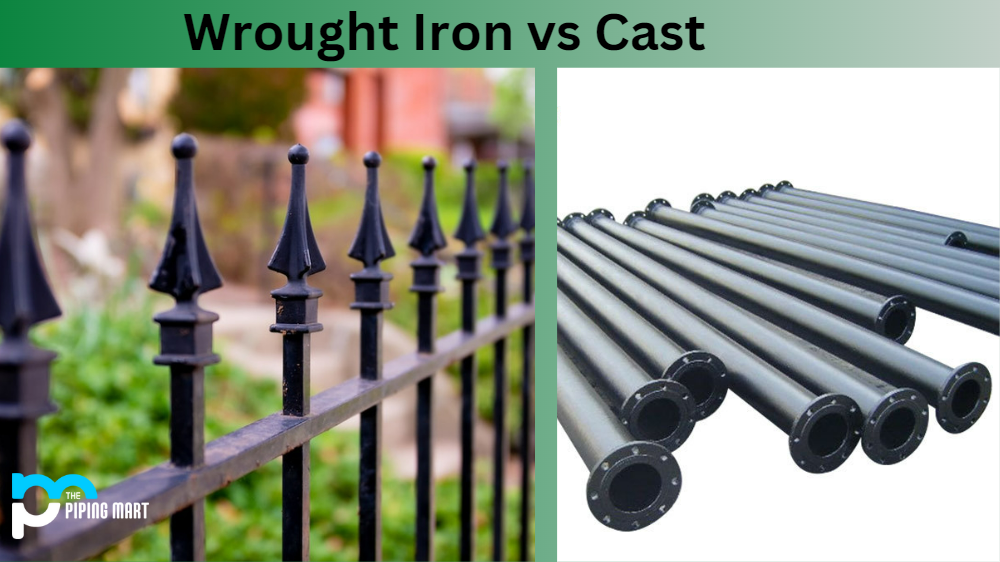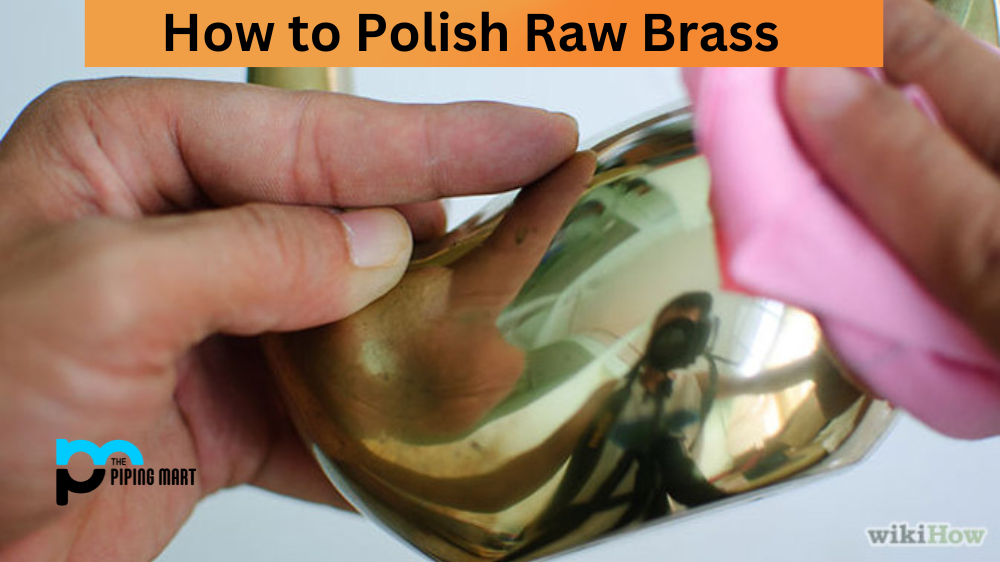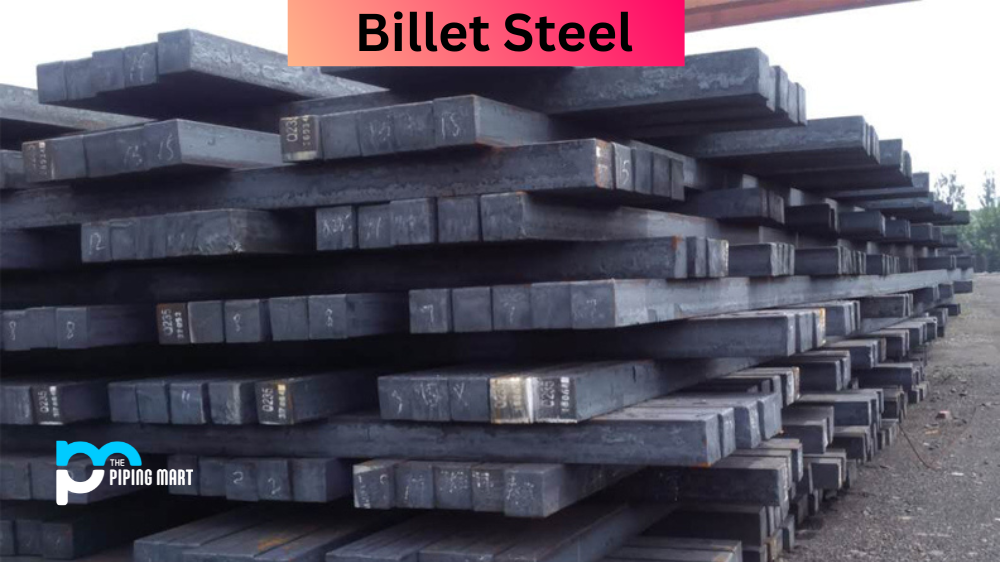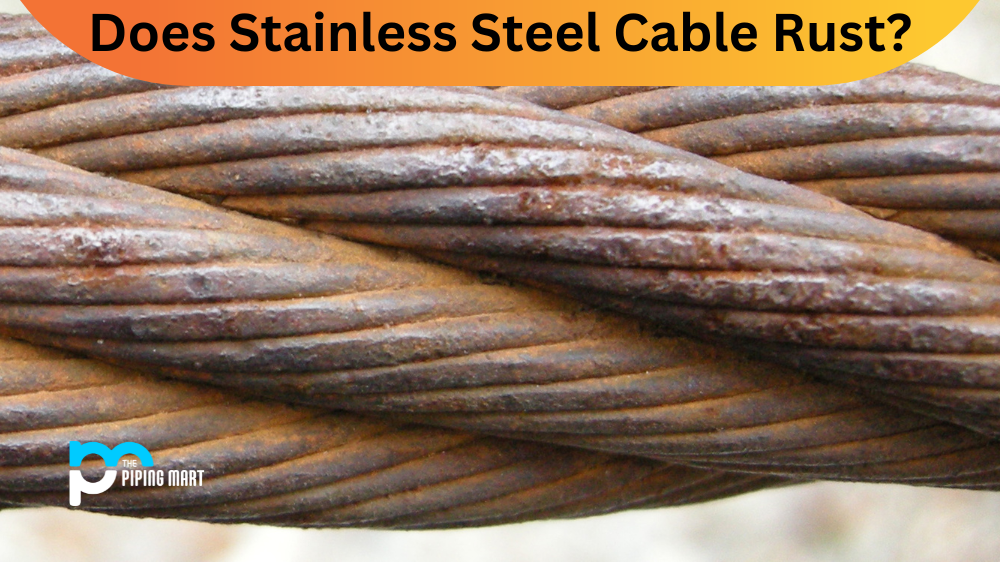Are you wondering about the differences between wrought iron and cast iron? You’re not alone. Many people need to be aware of the distinctions between these two metals, yet they are used in various applications including metalwork, furniture design, and home decor. This blog post will discuss the key characteristics of both materials so that you can make an informed decision when it comes to choosing one over the other.
Difference between Wrought Iron and Cast
The main difference between wrought iron and cast iron is how they are made. Wrought iron is made by heating and then hammering, while cast iron is made by pouring molten metal into molds. This process gives wrought iron its signature malleability—it is much more flexible than cast iron and thus easier to shape into desired forms for decorative or functional purposes.
Cast iron is denser than wrought iron, making it more durable and resistant to wear and tear over time. This makes it ideal for outdoor use; it can withstand harsh weather conditions better than wrought iron, which may corrode or rust if exposed to too much moisture or rain. Cast iron is also heavier than wrought iron; this makes it a great choice for structural supports since it can bear more weight without buckling under pressure. Finally, cast iron tends to be cheaper than its wrought counterpart because it requires less labor-intensive processes during production.
- Wrought iron is made by heating iron ore and then hammering it to remove impurities.
- Cast iron is made by melting iron ore and then pouring it into molds.
- Wrought iron is stronger than cast iron.
- Cast iron is less brittle than wrought iron.
- Wrought iron is more expensive than cast iron.
- Cast iron is more resistant to rust than wrought iron
Conclusion:
When deciding between wrought or cast iron, there are many factors to consider, such as cost, durability, weight, and flexibility. Wrought iron may be better if you need something lightweight or malleable for decorative purposes. At the same time, cast iron excels in strength and durability if you need something that will support heavy weight outdoors over long periods of time without corroding or rusting. Ultimately, your decision should depend on your individual needs and budget constraints–but either way, you’re sure to get stunning results with either material!
Meet Heer, a dynamic and driven writer learning tricks of her trade in the metal industry. With a background in Digital Marketing, Heer brings a unique perspective to her writing, sharing valuable insights. Apart from blogging she like reading and hiking.




